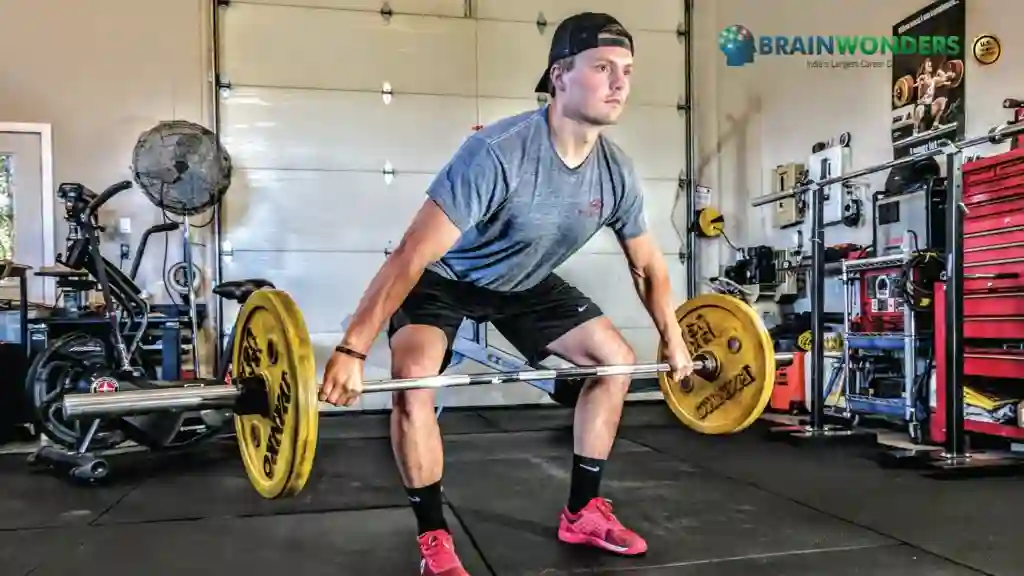How to become an Exercise Physiologist
Overview, Courses, Exam, Colleges, Pathways, Salary

Overview
Who is Exercise Physiologist ?
An exercise physiologist studies the human body's physiology during exercise and physical exertion. He or she uses different tools to study the body systems and how they respond to the stimulus of exercise. This allows the physiologist to gather information for the understanding of the patient, athlete, or study being conducted. An exercise physiologist works in many different types of environments to help carry out the study of exercise and how it affects the human body. Using different types of equipment, they observe the human body through the rigors of exercise to understand how it functions and how this function varies between different people. They then calculate the exercise data to complete reports on their patients.
Typical day at work
What does Exercise Physiologist do?
- An exercise physiologist conducts studies of the human body and studies the physiology of the body as it responds to exercise.
- Since the human body goes through stress in each of the body systems as it conducts exercise, it is important that the physiologist study the body and the changes that take place as it goes through the phases of exercise.
- This information is gathered so that the individual's exercise routine can be catered to their ability for a more effective program.
- The exercise physiologist treats patients through a type of physiological analysis. By learning how the patient's body responds to stress during exercise and physical activity, the physiologist is able to help those who suffer from debilitating disease and disability. The physiologist is then able to decipher the therapeutic and rehabilitation needs of the patient.
- The physiologist works with a broad range of illnesses and disabilities in patients. He or she may also work with athletes to help them become conditioned in their bodies and better able to perform the physical demands of their sport.
Abilities and Aptitude needed
What are the skills, abilities & aptitude needed to become Exercise Physiologist?
Exercise physiologists provide scientific support to athletes and teams in one or more sports. To track training, this might entail measuring and analysing biological functions such as respiration, metabolism, and the neurological, pulmonary, and cardiovascular systems. You could also be involved in creating fitness training programmes to guarantee that competitors are adequately prepared. Clinical exercise physiologists provide expert exercise coaching to patients suffering from a range of chronic diseases such as coronary heart disease, diabetes, or chronic obstructive pulmonary disease while working in a hospital. They collaborate with patients to choose the best course of treatment.
They keep meticulous records of all workouts performed in order to enhance a patient's overall health. They also monitor your heart rate throughout workout sessions. Exercise physiologists must have excellent listening skills to collect precise information about their patients and successfully communicate with other healthcare practitioners about patient difficulties. Exercise physiologists usually work with people who are in pain or have serious health problems. To put patients at rest, treatment providers must demonstrate compassion and understanding.
Patients, their families, and other healthcare professionals work with exercise physiologists on a regular basis. They may also have to deal with difficult circumstances due to people's discomfort and health problems. To deal with such situations, exercise physiologists require good interpersonal skills. Exercise physiologists must adequately assess their patients' strength, flexibility, vital signs, and other physical characteristics to develop effective treatment programmes.
Pathways
How to become an Exercise Physiologist?
Entrance Exam
Entrance Exam for Exercise Physiologist ?
Courses
Which course I can pursue?
Best Colleges
Which are the best colleges to attend to become an Exercise Physiologist?
Industries
Which Industries are open for Exercise Physiologist?
- Sports and wellness programs
- Research
- Exercise technology
- Strength coaches for sports teams and universities
- Exercise experts in cardiology clinics and rehab institutions
- Fitness instructors in athletics
- Electrophysiology technicians
internship
Are there internships available for Exercise Physiologist?
Internships are an important step towards finding a job after graduation. Take the opportunity to work under a professional this help to get practical experience and job reference.
Career outlook
What does the future look like for Exercise Physiologist?
The study of exercise physiology is growing in popularity. However, job development is likely to remain gradual due to its modest size. As the healthcare sector stresses exercise and preventative care as part of treatment and rehabilitation programmes, demand should increase. Obesity, which is still a problem in both adults and children, will almost certainly create more job possibilities. A more active and health-conscious middle-aged and older population will increase the frequency of athletic-related injuries, creating opportunities for exercise physiologists.




.webp)


